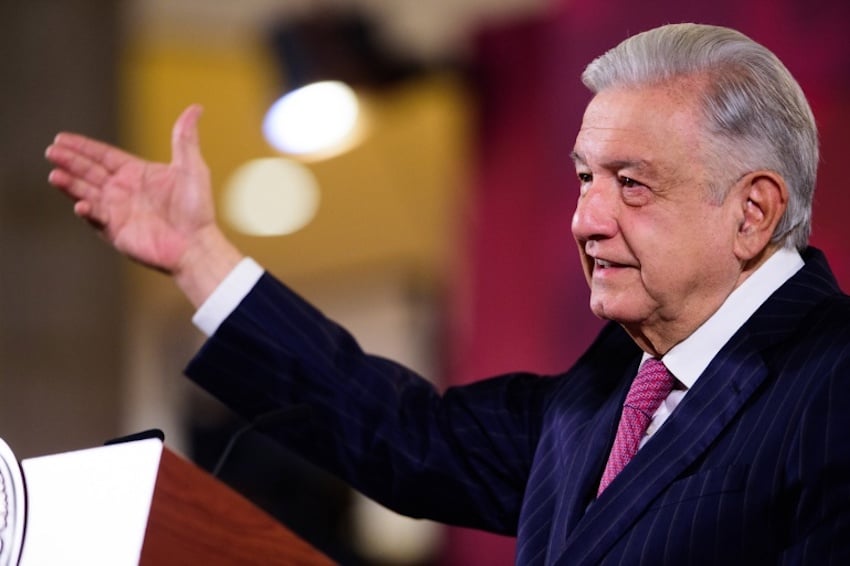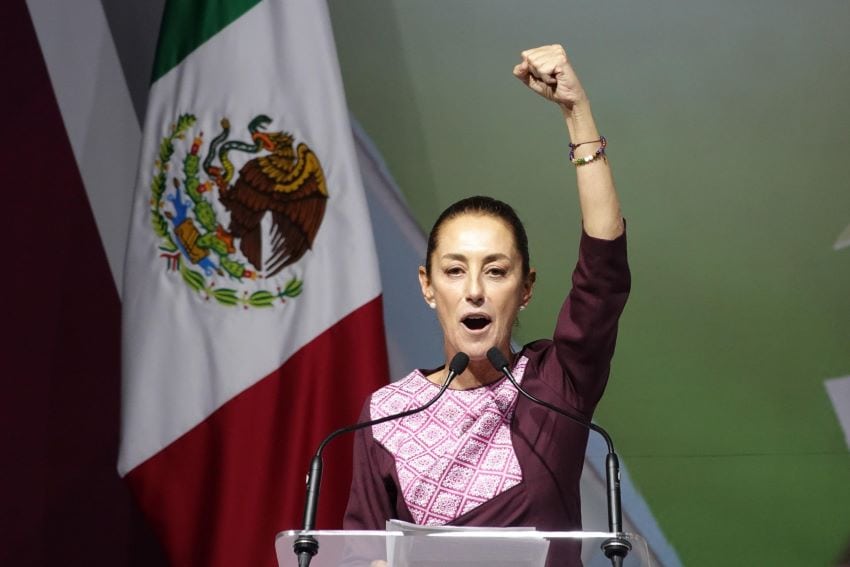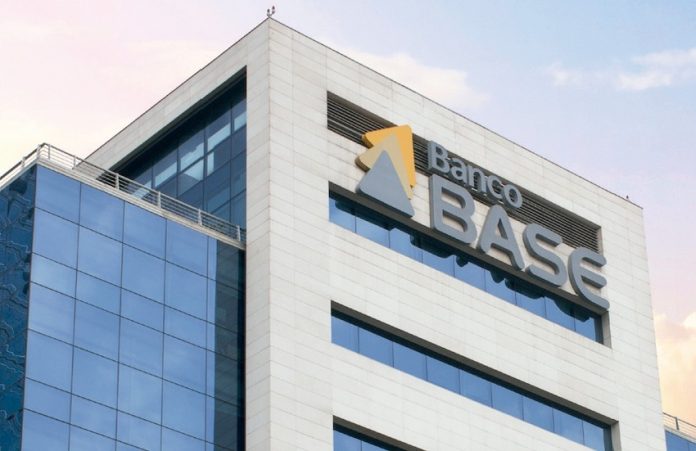President Andrés Manuel López Obrador is set to conclude his six-year term as the first Mexican president in over 20 years to see a net outflow of foreign capital invested in government securities.
Citing data from the Mexican bank Banco Base, the newspaper Reforma reported Monday that a net total of just under 349.86 billion pesos (US $20.7 billion) in investments in government securities was taken out of the country between the commencement of the current federal government on Dec. 1, 2018 and the end of last year.

Reforma described the accumulated capital flight as a “record” for a six-year period of government. During the 2012-18 government led by former president Enrique Peña Nieto, a net total of almost 666 billion pesos in foreign capital flowed into government securities.
Gabriela Siller, director of economic analysis at Banco Base, told Reforma that López Obrador, who will leave office Oct. 1, is on track to be the first president since Ernesto Zedillo (1994-2000) to record a net outflow of foreign money invested in government securities. A total of 68.97 billion pesos left Mexico when Zedillo was in office.
Siller said that the COVID-19 pandemic — which caused the Mexican economy to contract sharply in 2020 — was not the main cause of foreign investors’ withdrawal of money invested in government securities, noting that the capital flight began in early 2019 shortly after López Obrador took office. She concluded that uncertainty about economic policy in Mexico was the reason for the departure of funds early in López Obrador’s six-year term.
Siller also noted that a significant amount of foreign capital left Mexico last May, the month in which the federal government took over three sections of railroad operated by the rail company Ferrosur.

Citing data from the Bank of Mexico, Reforma said that just under 64.9 billion pesos invested in government securities left the country in May.
“There have been significant actions that generate fear and therefore [foreign investors] leave government securities,” Siller said.
She said that the wide difference between the Bank of Mexico’s benchmark interest rate — currently set at 11.25% — and that of the United States Federal Reserve (5.25%-5.5%) should bring more foreign capital into the country, but in the case of government securities that hasn’t been the case.
“It’s possible in 2024 that we’ll see a moderate inflow of capital [to government securities], but it won’t be enough to offset the net outflow recorded so far,” Siller said.

A large “wave” of foreign capital inflows is needed for this six-year term of government to end “in positive territory,” she said.
While she cited political uncertainty as a reason for the large exodus of foreign capital, Siller said that “fear” about the López Obrador administration has subsided.
She predicted that the flight of capital from government securities will decline during a government led by Claudia Sheinbaum. The former Mexico City mayor is the presidential candidate for the ruling Morena party and a heavy favorite to win the June 2 election.
At the end of 2023, foreign investors had 1.78 trillion pesos (US $105.4 billion) invested in Mexican government securities, according to the Bank of Mexico. The figure declined around 16% during the first five years of López Obrador’s term.
On a more positive note, foreign direct investment (FDI) has increased in recent years, and reached almost US $33 billion in the first nine months of 2023.
FDI is expected to continue rising in coming years as more and more foreign companies set up operations in Mexico to take advantage of proximity to the United States, affordable labor costs and other factors.
With reports from Reforma
